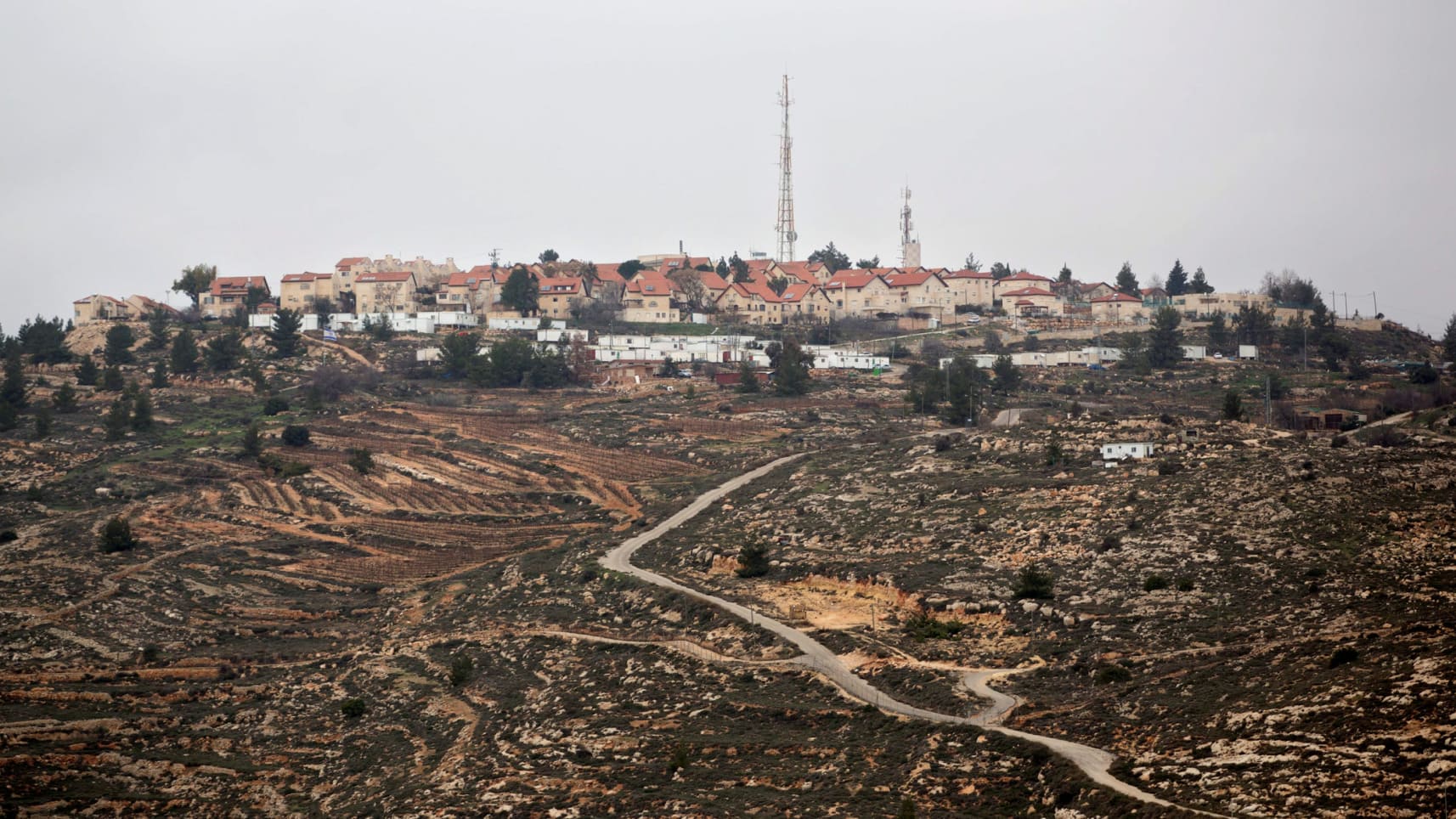Settlers: ‘This can only be a result of anti-Semitism or surrendering to terrorism.’ Israel’s tourism minister instructed the ministry to restrict the company’s operations across the country

Home-renting company Airbnb Inc said on Monday that it had decided to remove its listings in Jewish settlements in the West Bank, enclaves that most world powers consider illegal for taking up land where Palestinians seek statehood. In response, Israel’s Tourism Minister Yariv Levin instructed the ministry to restrict the company’s operations across the country.
A statement on Airbnb’s website said: “We concluded that we should remove listings in Israeli settlements in the occupied West Bank that are at the core of the dispute between Israelis and Palestinians.”
It did not say when the decision, which according to Airbnb affects some 200 listings, would take effect.
Strategic Affairs Minister Gilad Erdan called on Airbnb hosts harmed by the decision to file lawsuits against the company in accordance with Israel’s anti-boycott law and said he’ll turn to senior U.S. officials to check if the company’s decision violated the anti-boycott laws “that exist in over 25 states.”
He said that “national conflicts exist throughout the world and Airbnb will need to explain why they chose a racist political stance against some Israeli citizens.”
The Yesha Council of settlements said in response that “a company that has no qualms about renting apartments in dictatorships around the world and in places that have no relationship with human rights is singling out Israel. This can only be a result of anti-Semitism or surrendering to terrorism – or both.”
Levin demanded Airbnb cancel its “discrimantory” decision, saying it was a “shameful and miserable decision.”
Top Palestinian negotiator Saeb Erekat said that Airbnb should have included East Jerusalem and should have said settlements “are illegal and constitute war crimes.” He added: “We reiterate our call upon the UN Human Rights Council to release the database of companies profiting from the Israeli colonial occupation.”
Airbnb came under Palestinian criticism for such listings, which some find misleading for failing to mention the property is on occupied land claimed by the Palestinians.
The Palestinians say that by contributing to the settlement economy, Airbnb, like other companies doing business in the West Bank, helps perpetuate Israel’s settlement enterprise.
“There are conflicting views regarding whether companies should be doing business in the occupied territories that are the subject of historical disputes between Israelis and Palestinians,” the Airbnb statement said.
The statement continued: “In the past, we made clear that we would operate in this area as allowed by law. We did this because we believe that people-to-people travel has considerable value and we want to help bring people together in as many places as possible around the world. Since then, we spent considerable time speaking to various experts. We know that people will disagree with this decision and appreciate their perspective.”
Oded Revivi, mayor of the West Bank settlement of Efrat and a representative of Yesha, described the Airbnb decision as contrary to its mission, as stated on the website, of “help(ing) to bring people together in as many places as possible around the world”.
Israel captured the West Bank, the Gaza Strip and east Jerusalem in the 1967 war and began building settlements soon after.
While Israel withdrew from Gaza in 2005, the settler population in east Jerusalem and the West Bank has ballooned to almost 600,000. The Palestinians claim these areas as parts of a future state, a position that has wide global support.
Airbnb said that as part of their decision-making framework, they “evaluate whether the existence of listings is contributing to existing human suffering” and “determine whether the existence of listings in the occupied territory has a direct connection to the larger dispute in the region.”
The Associated Press contributed to this report
